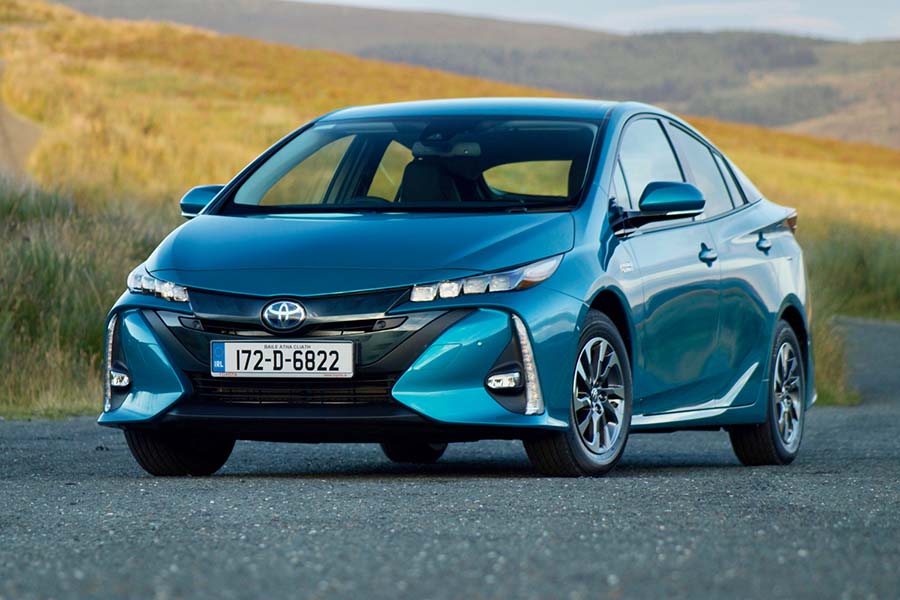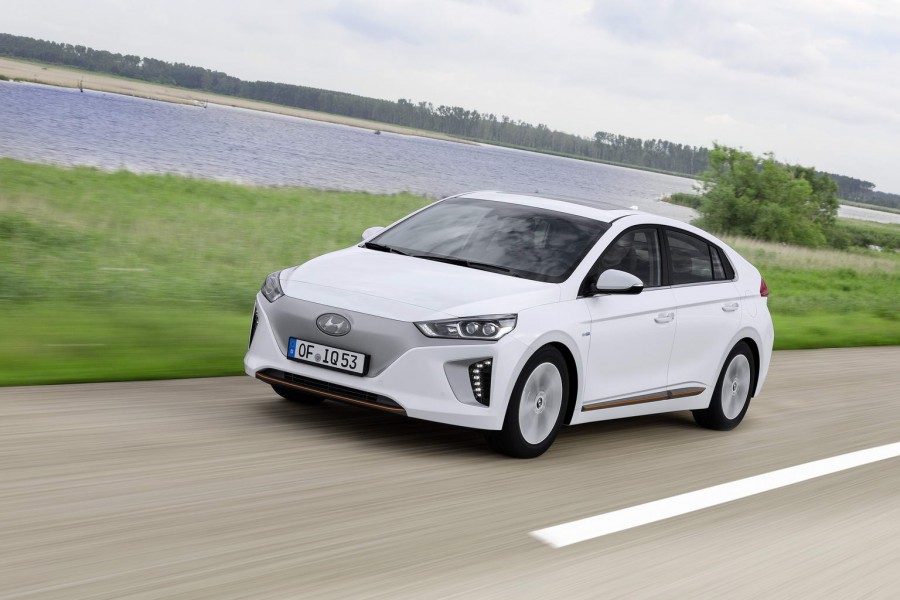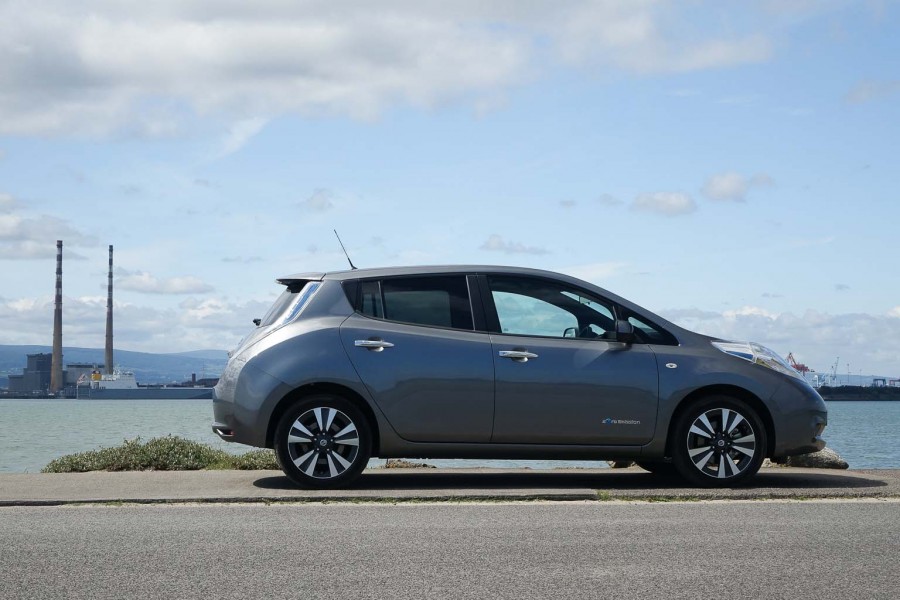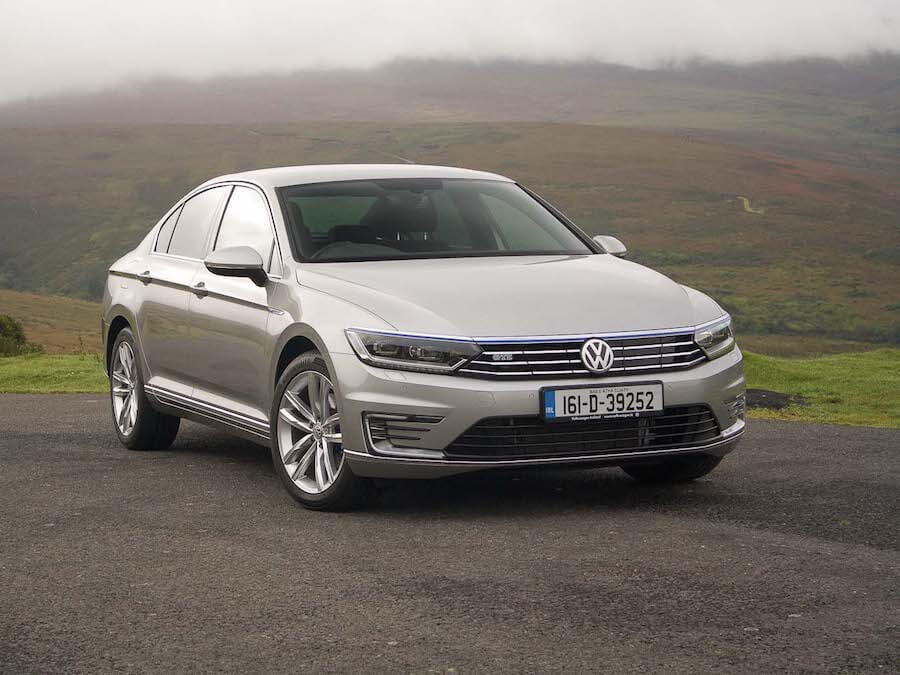Good: impressive real-world economy, comfort, refinement, quality, ease of use
Not so good: not pretty, unenthusiastic chassis, not really worth the extra over the standard car
Well, this is embarrassing. I mean, what car company would parade itself all over town and country, shouting about the fact that its hybrid cars can provide electric motoring without the need to plug in, and then launch a hybrid car that can be plugged in? Ah. Yes. About that...
To be fair to Toyota, marketing and engineering are two very different disciplines, and the fact is that plug-in hybrids are going to be a necessary bridge between the internal combustion cars that we buy now, and the electric and hydrogen cars that we will buy in the future. It's just a bit rich that one hand of the company is trumpeting the benefits of not plugging in, while the other is handing you the keys to a Prius Plug-in Hybrid Vehicle.
Previously, we've driven some plug-in hybrids that have impressed (BMW 330e, Audi Q7 e-tron, Volkswagen Passat GTE) and more than a few that have disappointed. The biggest problem for most plug-in hybrids is the sheer impossibility of getting anywhere near the official fuel economy figures. Unless you use the plug-in capability to the absolute maximum, and drive with beatific saintliness when the petrol engine's awake, you're just going to be upset when you see how thirsty some of these cars can be in real life.
Not so the Prius Plugin, though. Now, it behoves us to note that the official 282mpg fuel economy figure sits next to the Iarnród Éireann timetable in the fiction section of your local library. If you get to within a quarter of that figure, you'll be doing well. It's also worth noting that (in a possible act of self-sabotage by fans of conventional hybrids) Toyota forgot to provide us with a charging cable that would fit a three-pin domestic socket, so after a brief dalliance with the charge that was already in the (now lithium-ion, rather than old-school nickel cadmium) battery, we reverted to using the Prius PHV as just a regular hybrid.
Now, normally, that would have been a recipe for fuel-sucking disaster (rather like the 21mpg we got out of the BMW X5 xDrive40e plug-in hybrid...), but oddly the Prius coped manfully without the aid of its umbilical.
With a three-quarter charge in the battery, we managed to squeeze 36km out of the car's electric-only range, and that was on a mix of urban and low-speed dual carriageway, with a small burst of motorway thrown in. Or, in other words, about the kind of mileage that you'd expect a car such as this to tackle on a daily basis. Certainly, it's an impressive real-world electric-only range, and it seems as if Toyota's quoted 50km charged-up range might be a slight understatement. Without its petrol engine, the Prius is unsurprisingly quiet, and while you do have to moderate your acceleration a little, you can run and flow with 100km/h motorway traffic without the aid of hydrocarbons.
Still, with a long, two-hour, 120km/h motorway run between us and home, and with the battery now fully drained, how would the Prius cope? This is exactly the scenario that most plug-in hybrids stumble over - long hauls with no chance to put juice into the battery. Actually, it coped really rather brilliantly. Apart from anything else, it averaged 61mpg all the way home, which is pretty impressive for a car lugging around the dead weight of a mostly useless battery. Better still, it did so in terrific comfort. The driving position is a touch less than straight, but the Prius has excellent front seats, and once you've brought your speed up to cruising velocity, and the CVT transmission has finished letting the engine howl its head off (it's far more quiet than older Prius models, even so) then the PHV is a consummate long-haul car. It helps that it has an excellent JBL stereo (well, our €40k Luxury-spec model did) and generally good all-round visibility. Refinement, on the mechanical front, is simply excellent. Aside from when you ask for full acceleration (the usual CVT issue) the engine is quiet and smooth, and the only disturbance to your progress is a touch too much tyre noise.
And when you get to the twisty bits? Well, as with the standard Prius, the plug-in is no hot hatch, and it's far from rewarding to drive. Equally, though, it's far from bad - the steering is actually quite pleasantly weighted (if entirely free of feedback) and the well-damped ride quality is as adept at dealing with rural thumps as urban lumps. Basically, it's entirely pleasant to drive, if also entirely unexciting. If you want a hybrid that's actually fun, get a C-HR.
It's also a bit better looking than the standard Prius, gaining a nicer headlamp layout that's rather akin to the Mirai hydrogen fuel cell car. It's still something of a challenging design, for the eyes, but it's a touch less ugly at any rate. You do lose out on boot space though, as the battery stack is a little larger, so be prepared to compromise a little on luggage. Our car also came with the strict four-seat layout, which is a bit restricting.
Price-wise, it's not bad, costing less than most rival products, but around €7,000 more than a standard model Prius. Which means it's rather hard to say that it's worth the extra - the standard Prius is so impressive and so roundly economical, that it's hard to imagine making up that €7k in fuel savings.
Had we been able to plug it in properly, perhaps we'd have come a little closer to that sci-fi fuel economy number. Even so, the Prius Plugin, as with the conventional Prius, proves once again that Toyota really is at the top of the hybrid game right now.



































